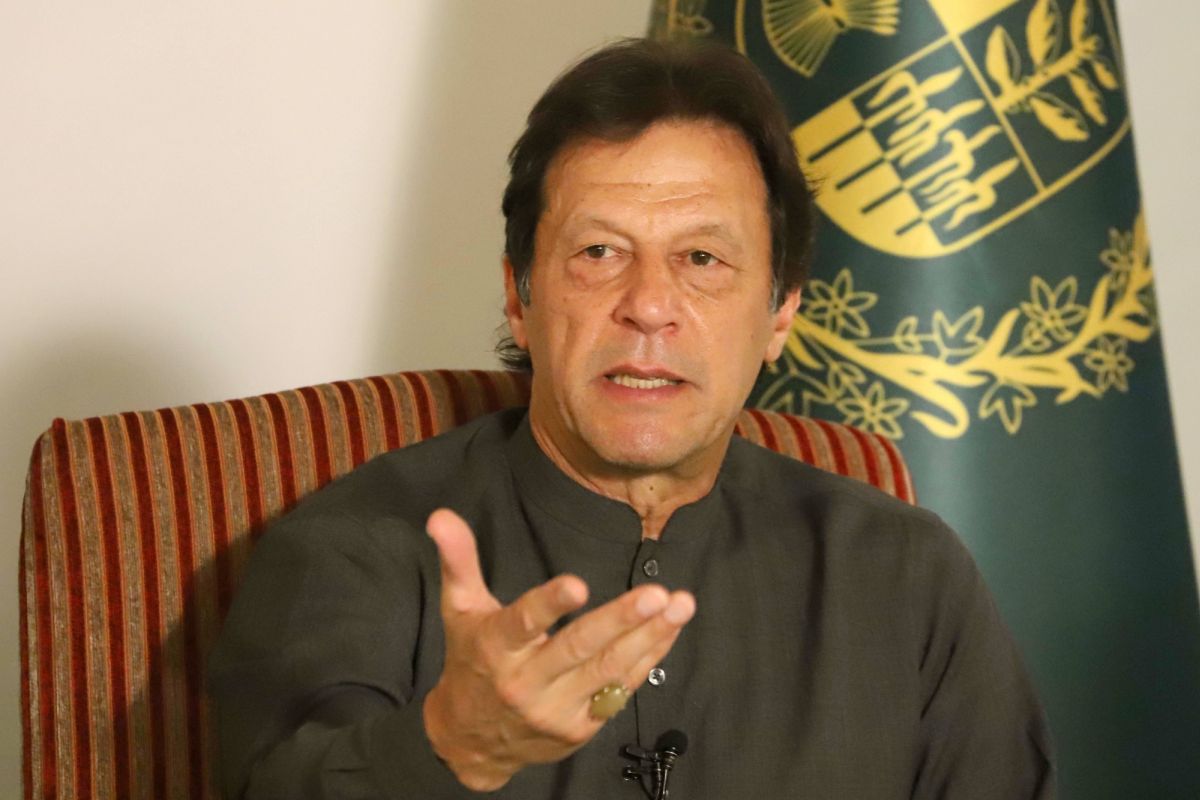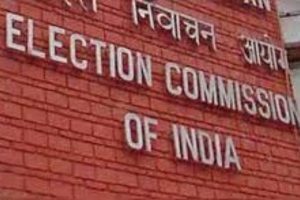As the dust settles on the change in government in Islamabad, existing answers as to why these events unfolded in the manner and speed that they did remain unsatisfactory. There’s a lot of speculation in private and lots of informal consensus on why Imran Khan’s government collapsed at this particular point in time. But it evades public revelation and as is so often the case with political tumult in Pakistan, an accurate picture might only emerge when most of the cast and crew are long gone.
There are three distinct sets of questions to be asked about the past few months why was the prime minister forced out; why did it happen at this moment in time; and how did it actually unfold. Answers to the first two wade into the realm of palace intrigue: the military high commands’ dissatisfaction with government performance and/or interference in military affairs, and frayed foreign relations with the intransigent US and several other countries, are cited as the usual reasons.
Advertisement
The opposition (now government) says that an outpouring of public anger at high inflation compelled it to move against the government. This seems less believable since there was no mass movement on the streets and no degree of citizen disaffection higher these past couple of months than at any point in the last couple of years.
What one can talk about with some degree of confidence is how did this happen a bit. The fact is that neutral nudges and winks from the right quarters might be the green light that put it in motion. But the mechanisms that made it possible were very much within the domain of electoral and parliamentary politics in all its legal and amoral sense.
Here’s a simple fact that helps answer the how bit Imran Khan’s government had the thinnest majority of any government since Jamalis in 2002. The PTI won a plurality of seats in 2018. Adding a small array of independents to itself, it was only able to cobble together a government using a host of smaller parties. The same situation existed in Punjab as well. And yet its behaviour in and outside the two legislatures was as if it enjoyed a two-thirds majority.
The hubris aside, it was apparent to all that the government was only able to pass through budgets and mini-budgets, and various wins in the Senate, because its political management was outsourced to the establishment and NAB in a bid to keep the opposition at bay.
The primary objective of the head of a coalition government with a razor-thin majority should be to keep the temperature in parliament low. Everything else challenging mafias, passing great reformist legislation, and engaging in the spiritual uplift of the entire country becomes secondary. This may sound amoral, but it is the nature of the system that political parties signed up for and which they use to come to power in the first place.
And it was precisely ignoring the parliamentary system that proved to be fatal for the government. Allies were excluded from governance, with frequently changing technocrats taking on key positions. The MQMs concerns about representation in government and restrictions on its functioning in Karachi were frequently set aside. It likely made their decision to jump ship a lot easier.
Supporters of the ruling party point to the immoral nature of these parties and their own ‘electables’ and Khan’s incorruptibility as stark contrasts. If that really was such a pressing concern, the ruling party should’ve refused to form a government with the help of the compromised and waited for a time when it could sweep parliament on its own. The fact that it opted for a coalition with smaller parties meant that it agreed to the parliamentary rules of the game itself.
And yet, once it entered government, it ditched those rules in an instant. It chose to rely on ordinances to pass key legislation. When these expired, it preferred to bundle issues together and use joint sittings to bulldoze them through. The most telling example of this is the amendment to the ECP act, which introduced over- seas voting and the use of electronic voting machines, on a whim.
Despite all the polarisation among politicians, Pakistan had seen reasonably good progress on consensual electoral reform between 2015 and 2017. All parties participated in the parliamentary committee and were able to produce legislation that improved the framework around elections in the country. The same consensus was witnessed in the efforts to mainstream ex-Fata areas and to provide them with citizenship rights and appropriate parliamentary representation.
These and the historic 18th Amendment and the NFC award show that difficult consensus-based reform is possible among parties that are usually at each other’s throats on any given weeknight.
The fact that this was not deemed worthy of pursuing, and that constitutional procedure was upended to avoid a catastrophe in its last few days, is very revelatory in its own right. Perhaps the ex-ruling party thought that their coalition in government would forever continue, that the opposition wouldn’t be able to get its act together, and that the umpire would remain partial to their arrangement for an indefinite amount of time. The fact that it didn’t should be cause for sombre reflection.
Parties have faced pressures from within and outside in the past as well. The PPP headed an unwieldy coalition between 2008 and 2013 and lost a prime minister in the process too, but was able to keep itself and parliament functional. It was a recognition of the fact that once voting in a general election is done, the source of a government’s political power in an electoral democracy is parliament and parliamentarians. Among the many lessons being thrust on the PTI in the past few weeks, this is one that it would do well to learn from.











